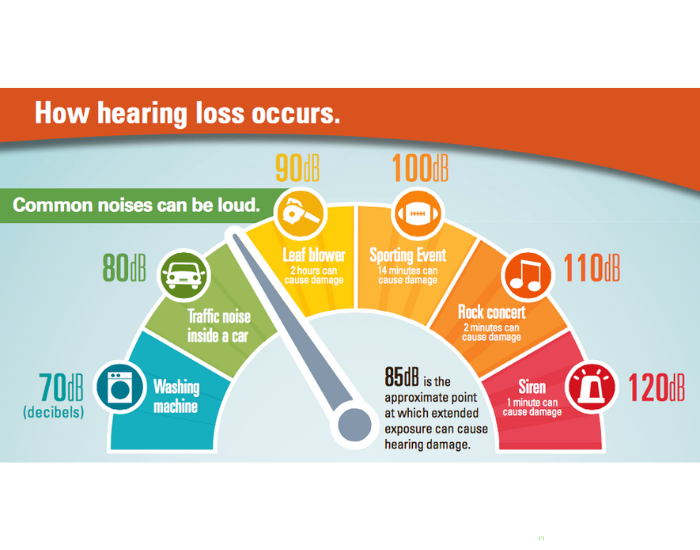
“The decibel range of gas-powered blowers exceeds noise safety standards established by the World Health Organization and the EPA.” Source: Center for Disease Control and Prevention
Modern society has a long track record of ignoring obvious dangers to human health and the environment. About half of U.S. adults alive today were exposed to harmful levels of lead as children from the burning of leaded gasoline. We continued to produce and sell leaded gasoline until it began to be phased out starting in 1973. It was totally banned in 1996. The lead from that gasoline still remains in our soil and water today, continuing to contaminate urban areas in particular.
Much like leaded gas, we have clear scientific evidence of the harm of gas-powered leaf blowers today, yet we are still selling and using them. Not only are leaf blowers bad for the earth–they are bad for human health. In addition to smoke, carbon monoxide, hydrocarbons, and particulate matter, the dust from leaf blowers can contain pollen, mold, animal feces, heavy metals and chemicals from herbicides and pesticides. Exposure results in increased risk of lung cancer, asthma, cardiovascular disease, premature birth and other life-threatening conditions. The people most exposed to these chemicals are landscape workers. A quote from an EPA report reads, “Since the exhaust gases consist of large fractions of unburned gasoline, there is a likelihood that workers are being adversely exposed to benzene, 1,3-butadiene, and other possible toxic compounds [including formaldehyde, acetaldehyde, particulates, and poly-aromatic hydrocarbons] contained in gasoline.”
The noise leaf blowers make isn’t just annoying, it is dangerous. The decibel range of gas-powered blowers exceeds noise safety standards established by the World Health Organization and the EPA. General ambient noise in a home is 40-45 decibels, whereas the decibel range of a leaf blower is 100-115; it can be as high as 90 decibels from 50 feet away. The sound carries over long distances and penetrates walls and windows. Exposure to more than 85 decibels for eight hours or longer–a day of leaf blowing–can cause hearing loss by permanently damaging hair cells.
Gas-powered leaf blowers are also bad for the planet. One hour of operating a gas-powered leaf blower emits as much smog-forming pollution as driving a Toyota Camry 1,100 miles – about the distance from Los Angeles to Denver, or over 15 hours of driving. A more local example: using the leaf blower for an hour emits more pollution than driving round-trip from Woodstock, VT to Washington DC. This information comes from the California Air Resources Board (CARB), which is part of the California Environmental Protection Agency.
Why do leaf blowers cause so much pollution? Most small off-road engines, like those used for lawn and garden tools, are two-stroke engines. These engines are highly inefficient, failing to combust about 30% of the fuel. They burn a mixture of oil and gas, which produces more smoke, carbon monoxide, hydrocarbons, and particulate matter compared to four-stroke engines, which are common in most gas-powered cars. This makes two-stroke engines a major source of pollution, with lawn equipment and leaf blowers among the worst offenders.
The single best thing that any of us can do is to stop using gas-powered leaf blowers immediately. If you own a gas-powered leaf blower, lawn equipment is accepted at transfer stations for recycling as scrap metal if the equipment is at least 80% metal (fluid must be completely drained). If they are not eligible for metal recycling, leaf blowers can be disposed of as trash. It is rare for a column about sustainability to recommend throwing something out, but this is one of the cases where selling or gifting equipment will only continue the cycle of harm.
You can replace your leaf blower with one of the many electric options on the market, or you can stop blowing leaves altogether. Mulching leaves with a lawnmower provides excellent lawn fertilizer. You can also move leaves to the garden as mulch, or if you want them off of your property, you can rake and compost them off-site. If you use a lawn care service, request that they stop using leaf blowers or switch to electric. This protects workers’ health, as they are the ones who suffer most from the effects. A simple change can benefit your neighbors, the earth, and everyone’s well-being.